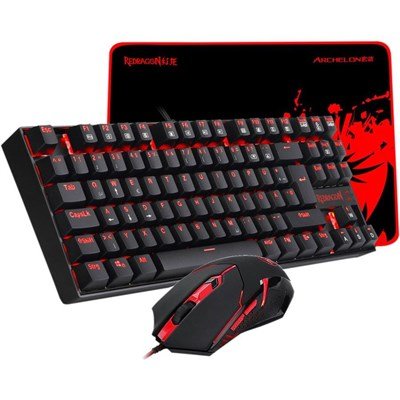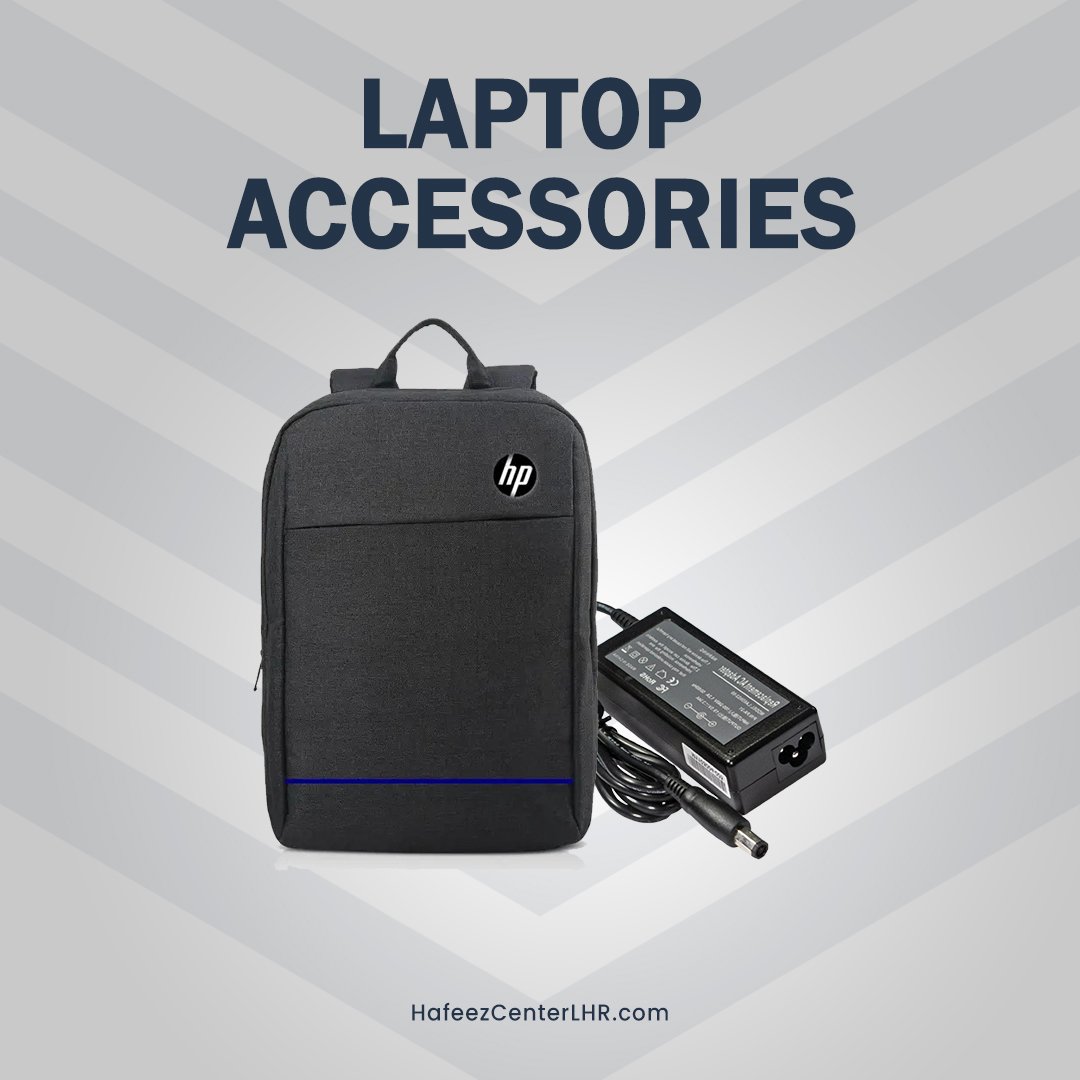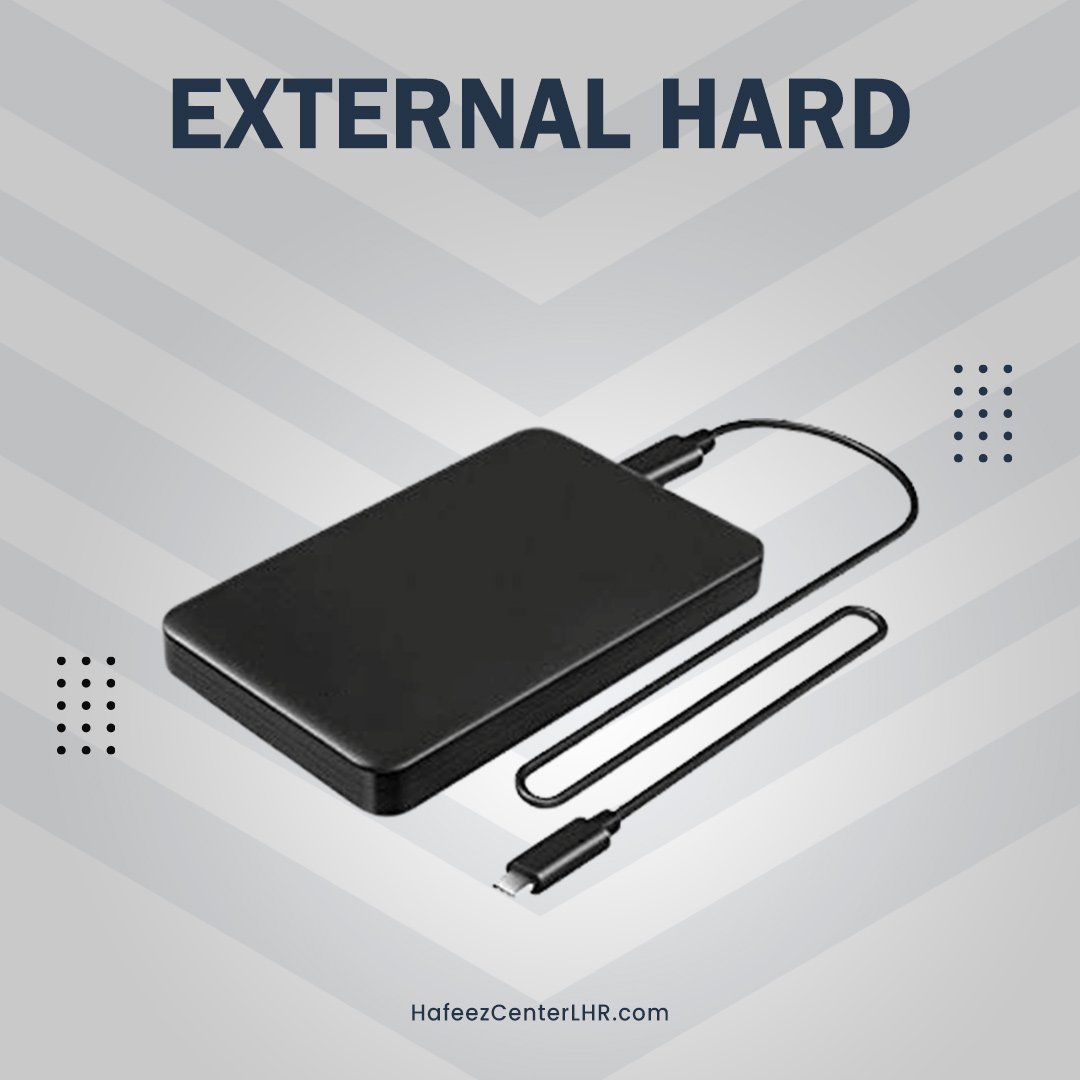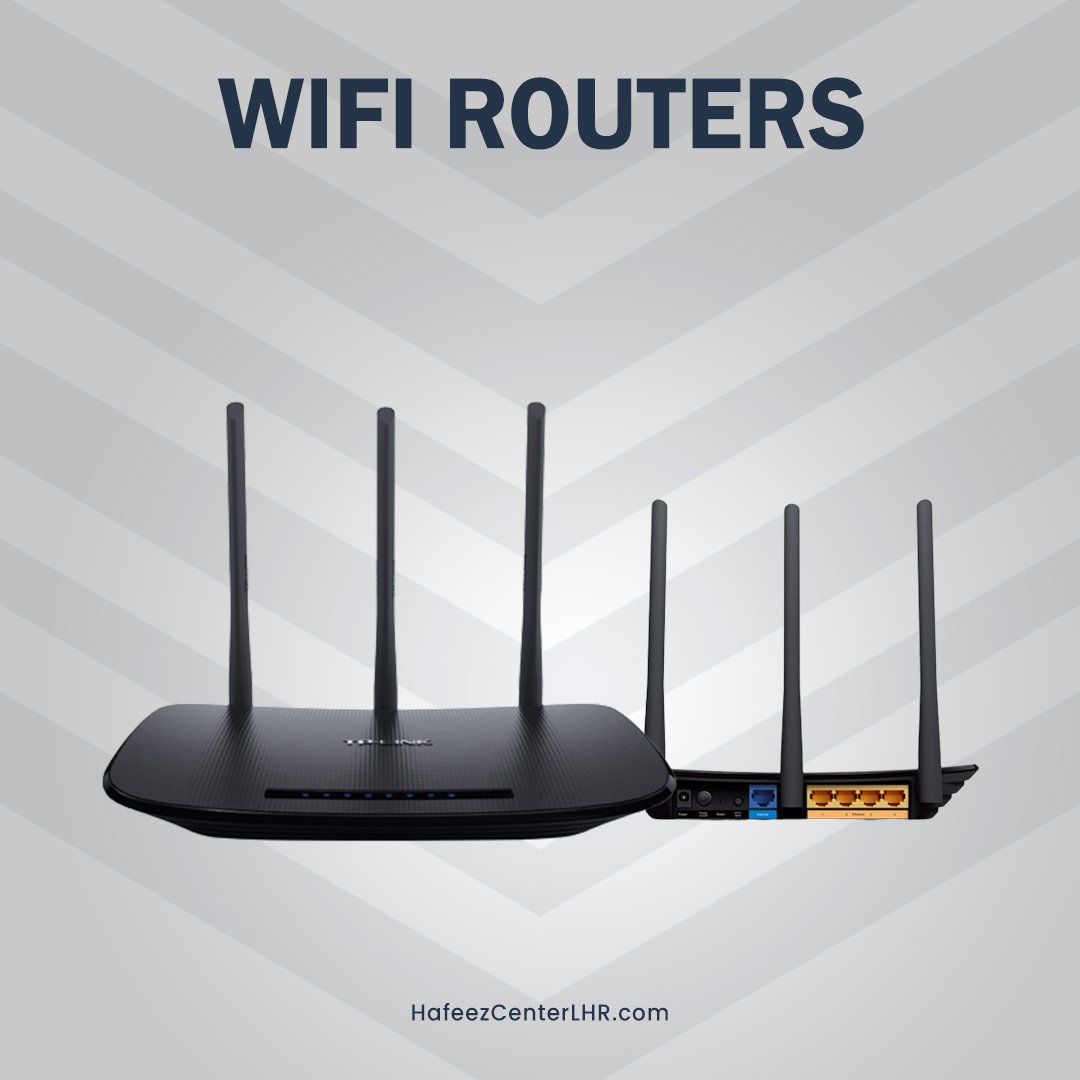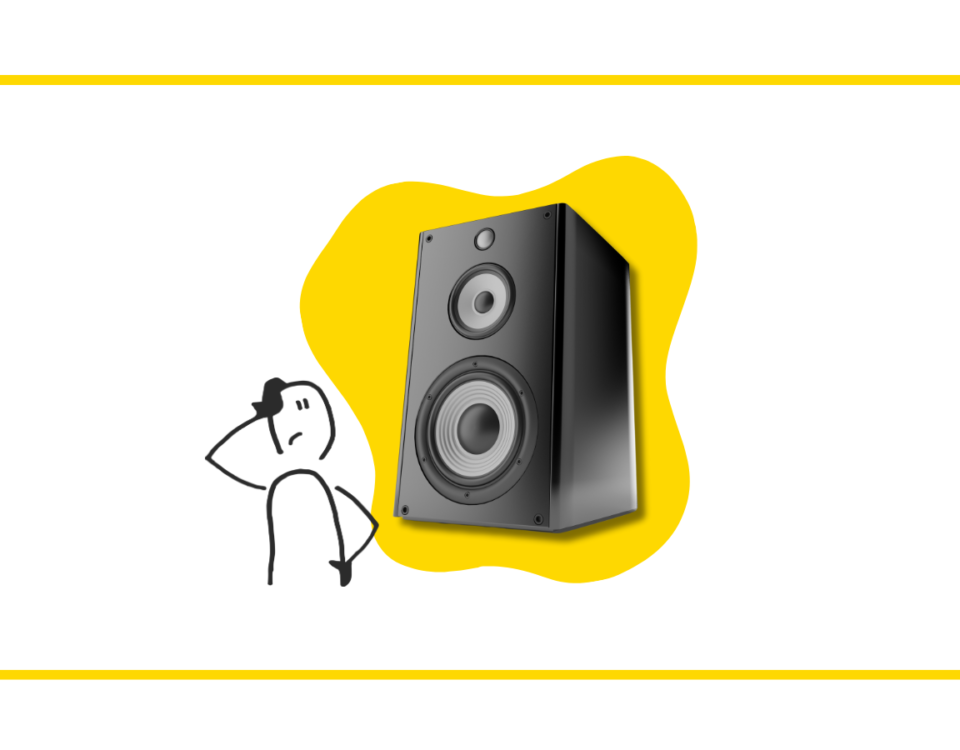
Beyond Gaming | What Else Can You Do with Your PS 5?
December 20, 2023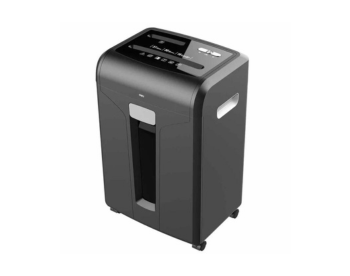
The Different Types of Paper Shredders and What They’re Used For
January 5, 2024In the world of gaming, visuals are everything. A good graphics card can make the difference between an immersive gaming experience and a lackluster one. Whether you’re a casual gamer or a hardcore enthusiast, selecting the best graphics card for your gaming needs is crucial. This comprehensive guide will walk you through the process of choosing the perfect graphics card to maximize your gaming experience.

The Importance of the Best Graphics Card for Gaming
A gaming setup thrives on its graphic card—it’s the powerhouse that brings games to life with stunning visuals and effects. The smoothness of your gameplay, the clarity of graphics, and the high frame rates all rely on this crucial component. Without a top-tier graphic card, you might encounter lags, stuttering, and overall subpar performance, significantly impacting your gaming joy.
It’s smart to splurge on the graphics card your budget can handle. Why? Because not only does it elevate your game quality, but it future-proofs your setup. That means you’ll be tackling the hottest, most demanding games for years down the line. As games keep upping the graphical ante, having a solid graphics card, paired with the right PC addons, becomes your golden ticket to experiencing games exactly as they’re meant to be.
Factors to Consider When Selecting a Graphics Card
Before you start exploring the vast array of graphics cards out there, it’s crucial to ponder over some essential factors that could shape your choice. The foremost consideration? Your budget. Graphics cards span a spectrum, from pocket-friendly choices to deluxe, top-tier models that demand a substantial investment. Figuring out your spending limit and staying committed to it is key.
Next, you’ll need to consider the resolution and refresh rate of your monitor. Higher resolutions and refresh rates require more powerful graphics cards to deliver smooth performance. If you’re gaming on a 1080p monitor, a mid-range graphics card will suffice. However, if you’re gaming on a 4K monitor or a high refresh-rate display, you’ll need a top-of-the-line graphics card to achieve optimal performance.
Looking to optimize your storage for your powerful graphics card setup? Explore our comprehensive guide on selecting the perfect External Hard Disk to complement your GPU’s performance.

Understanding the games you love matters when choosing a graphics card. Every game comes with its own set of demands, especially when it comes to your GPU’s power. If your gaming realm orbits around competitive eSports, where graphics aren’t at the forefront, a mid-range card will cover your needs. But, for those who crave the immersive, breathtaking worlds of high-end AAA games, investing in the latest graphics card becomes the gateway to unlocking their full visual glory.
Top Graphics Cards in the Market
- Inno3D GEFORCE RTX 3070 TI X3 OC
- Palit GeForce RTX 3070 GamingPro 8GB
- Asus ROG Strix GeForce RTX 3080 V2
- ZOTAC GAMING GeForce RTX 3070 Ti AMP Holo
- Asus TUF Gaming GeForce RTX 3060 Ti V2 OC Edition
- AMD Radeon RX 7800 XT
Understanding the Specifications of the Best Graphics Card
Now that you have a good idea of what to consider when selecting a graphics card, it’s time to delve into the specifications that differentiate one card from another. Here are some key specifications you should pay attention to:

- GPU Architecture – The architecture of a graphics card determines its performance capabilities. Different architectures have varying levels of efficiency and power consumption. Popular GPU architectures include NVIDIA’s Turing and AMD’s RDNA.
- CUDA Cores/Stream Processors – CUDA cores (for NVIDIA and Asus) and stream processors (for AMD) are responsible for processing the graphical data. More cores/processors generally result in better performance.
- Memory – Graphics card memory, also known as VRAM, plays a crucial role in rendering high-resolution textures and handling complex graphical effects. Look for cards with ample VRAM to ensure smooth performance, especially at higher resolutions.
- Clock Speed – Additionally, the clock speed of the graphics card dictates how fast it can process data. Higher clock speeds generally result in better performance, but it’s important to consider other factors as well.
- Power Requirements – Moreover, different graphics cards have varying power requirements. Make sure your power supply can handle the power draw of the card you’re considering.
By understanding these specifications and how they relate to your gaming needs, you’ll be able to make an informed decision when selecting the graphics card for your setup.
Graphics Card Maintenance and Troubleshooting
After selecting the best graphic cards tailored to your gaming preferences, ensuring their lasting performance becomes key. To maintain peak efficiency and extend their lifespan, consider these essential maintenance tips:

- Keep Your Card Clean | Dust and debris can accumulate on your graphics card and other accessories over time, leading to overheating and performance issues. Regularly clean your card and associated gaming accessories using compressed air or a soft brush to remove any buildup.
- Monitor Temperatures | Graphics cards can generate a significant amount of heat during intense gaming sessions. Monitor your card’s temperature using software utilities and make sure it stays within safe limits. Furthermore, consider installing additional cooling solutions if necessary.
- Update Drivers | Graphics card manufacturers release regular driver updates that optimize performance and fix issues. Stay up to date with the latest drivers to ensure you’re getting the most out of your card.
Still, if you encounter any issues with your graphics card, there are a few troubleshooting steps you can take:
- Prioritize the setup by ensuring your graphics card sits securely in its slot. Take a moment to verify that all power cables are snugly and firmly connected before proceeding.
- When facing strange visual errors or performance hiccups, a good troubleshooting step is to uninstall and then reinstall the drivers for your graphics card. Sometimes, this can sort out the issues.
- Another helpful move, if you can swing it, is to try your graphics card in another computer. This can help figure out if the problem lies with the card itself or if it’s something else in your setup causing the trouble.
Conclusion
Finding the best graphics card for your gaming setup is pivotal for an immersive gaming journey. It’s all about making thoughtful choices considering aspects like your budget, the resolution of your monitor, and the kind of games you love playing. This decision isn’t just about now—it’s about setting up your rig for an elevated gaming experience down the road. Plus, staying in the know about graphics card specs and giving them regular attention ensures they perform at their peak and have a longer lifespan. Armed with this knowledge and equipped with the right tools to pick the perfect card, it’s time to elevate your gaming escapades and dive into the captivating realms of your beloved games.
Upgrade your gaming experience today with the top graphics card that suits your needs and budget. Dive into an extensive selection of choices offered at Hafeez Center online store. Unleash the potential for unparalleled gaming experiences with visuals that come alive through the sheer excellence of a high-quality graphics card.



